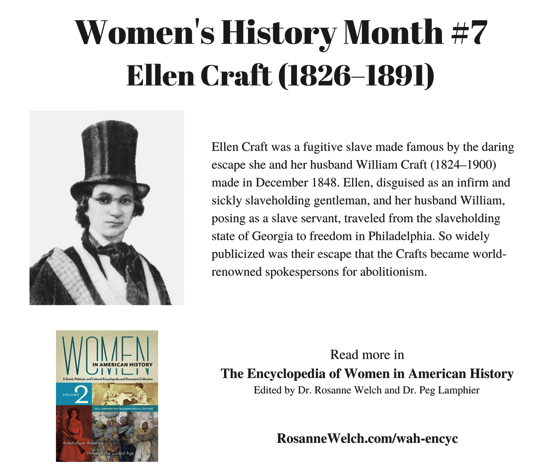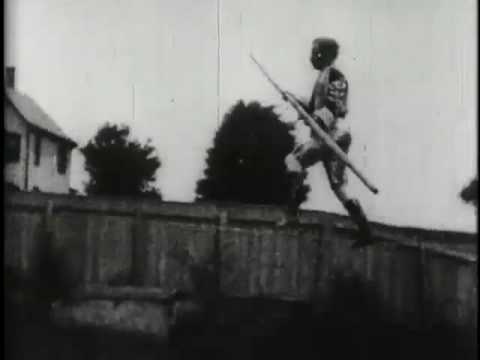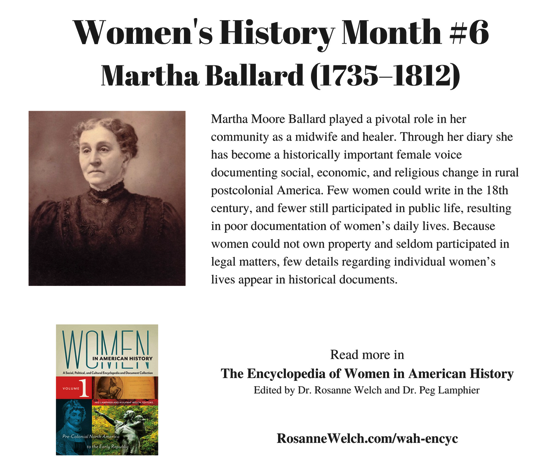You Can Please Some of the People Some of the Time… None of the People All of the Time: A History of the Art of Adaptation in Movies like Dune, The Godfather, Harry Potter and More!
Dr. Rosanne Welch speaks on A History of the Art of Adaptation in Movies like Dune, The Godfather, Harry Potter and More! at the California State University, Fullerton Library
Part of the program series for Dune by Frank Herbert: A 50th Anniversary Celebration.
Watch this entire presentation
Transcript:
Now, the excellent work adapting Harry Potter was tossed away when they adapted the Rick Riordan series that my son loved — Percy Jackson. Loved these books and in many ways, they are ripoffs of Harry Potter. They just really are. I’m sorry. Kid finds out he’s a Greek god instead of the wizard. What’s the difference? All right, I going to be powerful and save the world. The problem is when they went to make these into movies they didn’t trust the source material. In the film version, this boy is 17. In the book, he’s 12. The thing that a child can say to his parents at 12 sound ridiculous and whiny if a 17-year-old says them. So they destroyed the support for that character by making him older and they only did that so that his best friend — his Hermoine — in the books can actually be the hot chick he wants to have a relationship with in the older books. So we don’t care about 12-year-olds having it we want the 16-year-old to have a girlfriend.
About this talk
Dr. Rosanne Welch (RTVF) speaks on the craft of history of film adaptations from the controversy of the silent film Birth of a Nation (protested by the National Association for the Advancement of Colored People in 1915) to Breakfast at Tiffany’s (to which author Truman Capote famously said, “The only thing left from the book is the title”) to The Godfather . Naturally, the behemoth in adaptation – Harry Potter (which depended on the relationship created by adapter Steve Kloves and author J.K. Rowling) will be discussed, as will the subject of this month’s celebration: Dune.
Date: Wednesday, October 14, 2015 Time: 1:00pm – 2:00pm
About Dr. Rosanne Welch
Dr. Rosanne Welch is a professor in the Low Residency MFA in Screenwriting Program from Stephens College, California State University, Fullerton, Mount San Antonio Community College and Cal Poly Pomona. In 2007, she graduated with her Ph.D. in 20th Century U.S./Film History from Claremont Graduate University. She graduated with her M.A. in 20th Century United States History from California State University, Northridge in 2004.
Welch is also a television writer/producer with credits for Beverly Hills 90210 , CBS’s Emmy winning Picket Fences and Touched By An Angel . She also writes and hosts her own podcasts on 3rdPass.media, her first one titled “Mindful(I) Media with Dr. Rosanne Welch.”
Her upcoming book, “Why The Monkees Matter: Teenagers, Television and American Pop Culture” will be published in Fall 2016
Three Ring Circus: How Real Couples Balance Marriage, Work and Kids and The Encyclopedia of Women in Aviation and Space are two books she has written. Los Angeles Times and the Journal of Screenwriting hold some of her published articles.
Dr. Rosanne Welch Web Site and Blog
Podcast: Play in new window | Download
Subscribe: RSS
![Adapting Percy Jackson from A History of the Art of Adaptation [Video] (0:54)](https://rosannewelch.com/wp-content/uploads/2017/03/adapt-43-percy-jackson.jpeg)




![Harry Potter and What To Leave Out from A History of the Art of Adaptation [Video] (1:02)](https://rosannewelch.com/wp-content/uploads/2017/03/adapt-42-harry-potter-leave-out.jpeg)
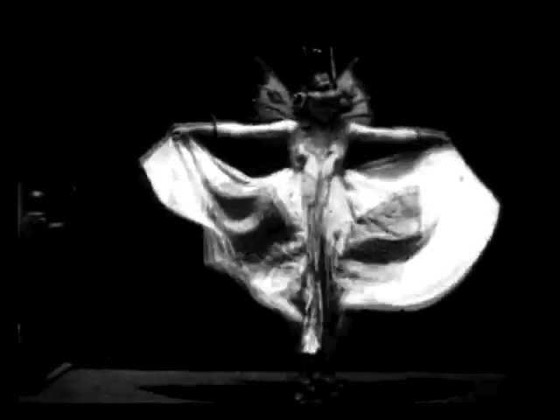
![Harry Potter and Theme from A History of the Art of Adaptation [Video] (0:55)](https://rosannewelch.com/wp-content/uploads/2017/03/adapt-41-harry-potter-theme.jpeg)
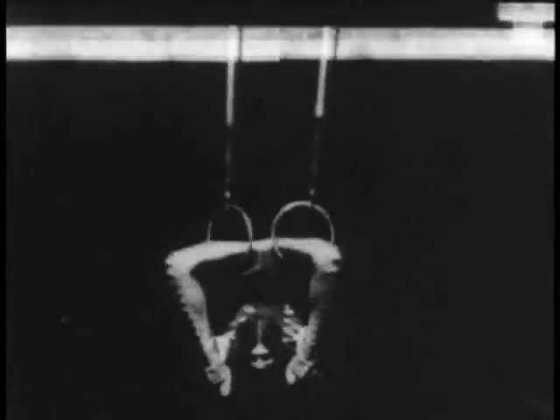
![Adapting Harry Potter from A History of the Art of Adaptation [Video] (0:35)](https://rosannewelch.com/wp-content/uploads/2017/03/adapt-40-harry-potter-1.jpeg)
